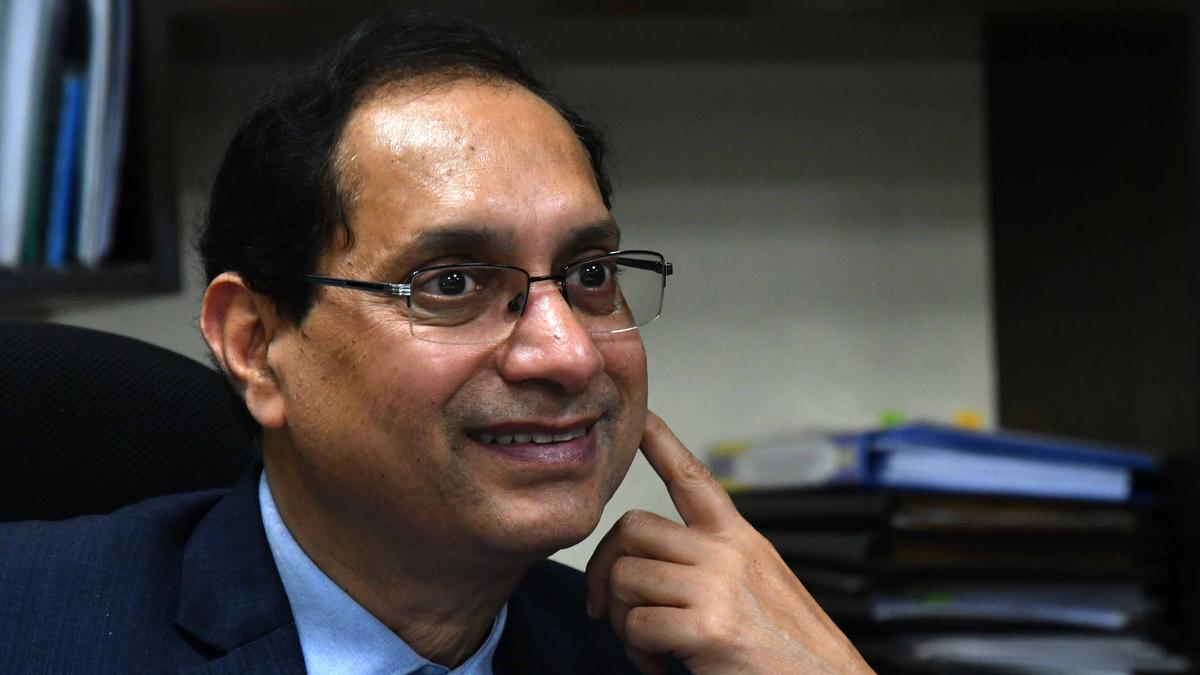 |
|
The 2025 Union Budget of India implemented significant income tax reductions, a decision justified by Finance Secretary Tuhin Kanta Pandey as a response to perceived public 'angst' and a weakening economy. The move, which involves making annual incomes up to ₹12 lakh tax-free and revising tax slabs, is projected to result in a ₹1 lakh crore revenue loss for the government. However, Pandey expressed confidence that the broader economic benefits will far outweigh this cost, stimulating demand, savings, and investment across various sectors. He highlighted the potential for a multi-faceted impact, emphasizing the belief that placing greater disposable income in the hands of citizens would lead to a more equitable distribution of wealth and a consequential boost to the economy. This contrasts with the idea that government spending alone is the most effective method of economic stimulation.
Pandey argued that the infusion of capital into the private sector would lead to increased consumption across a wider range of goods and services, extending beyond traditional large-scale infrastructure projects. This increased spending, he suggested, would not only directly benefit businesses but would also ripple through the economy, creating a more robust and sustainable growth cycle. Furthermore, he pointed out the potential for increased savings, noting the current need for higher savings rates to support crucial credit flows to MSMEs. Increased bank deposits, a direct result of increased savings, would provide the necessary capital for lending institutions to continue supporting smaller businesses. This strategy addresses not just current economic challenges but also aims to build a stronger foundation for future growth.
The Finance Secretary also highlighted the potential for direct investment by individuals. He argued that a considerable amount of investment occurs at the household level, through personal construction or renovation projects. This form of investment, often overlooked in macroeconomic analysis, represents a substantial part of overall investment activity. The tax cuts, by freeing up additional disposable income, could substantially increase this form of investment, further stimulating various parts of the economy, including construction materials and contracting businesses. Pandey underscored the idea of 'trusting people’s wisdom', arguing that allowing individuals to make their own decisions regarding their additional income would ultimately prove more beneficial for the economy than solely relying on government-directed spending.
Addressing concerns about the potential inflationary effects of the tax cuts, Pandey insisted that the Budget is 'absolutely non-inflationary' due to a maintained fiscal deficit of 4.4% of GDP. He also defended the government's capital expenditure, clarifying that the effective total exceeds ₹20 lakh crore when including indirect support to state-level projects and contributions from public sector firms, pushing back against criticisms suggesting inadequate public spending. This clarification aims to alleviate concerns that insufficient government spending might hinder the overall impact of the tax cuts.
The Finance Secretary's comments also touched upon the potential for a coordinated monetary policy response. While declining to speculate on the Reserve Bank of India's (RBI) upcoming decision on interest rates, he acknowledged the RBI's stated position on declining inflation. The possibility of an RBI rate cut, acting in tandem with the government's fiscal stimulus, could further amplify the positive impact on economic growth. The overall strategy presented by the Finance Secretary suggests a comprehensive approach, combining fiscal and potential monetary policy measures to tackle both the immediate 'angst' and the broader economic slowdown facing the nation. The success of this strategy will depend on a number of factors, including the actual consumer and investor behavior in response to the increased disposable income, and the potential impact of global economic conditions.
